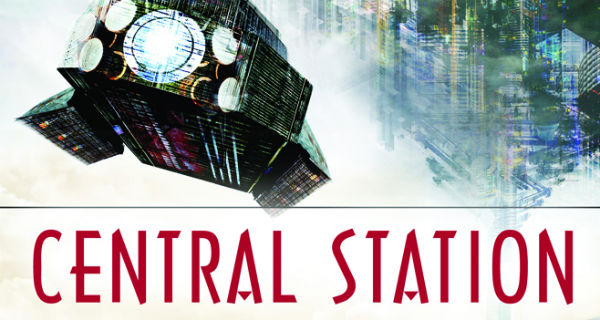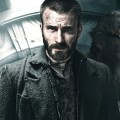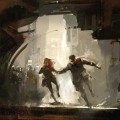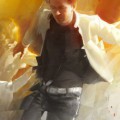I bloody loved A Man Lies Dreaming by Lavie Tidhar, so I jumped at the chance to read his new science fiction novel. And what a disappointment it was. The quality prose is still there – making the novel eminently readable as you race through the pages (despite his penchant for extraordinarily long sentences and an over-reliance on inexact adverbs). Everything in this novel is undercooked, from characters to setting to futuristic ideas. Central Station is the equivalent of a painter throwing paint at a canvas and seeing what sticks. There is far too much going on for one novel and none of it is ever fleshed out enough.
A worldwide diaspora has left a quarter of a million people at the foot of a space station. Cultures collide in real life and virtual reality. The city is literally a weed, its growth left unchecked. Life is cheap, and data is cheaper.
At Central Station, humans and machines continue to adapt, thrive…and even evolve.
We dream a consensus of reality.
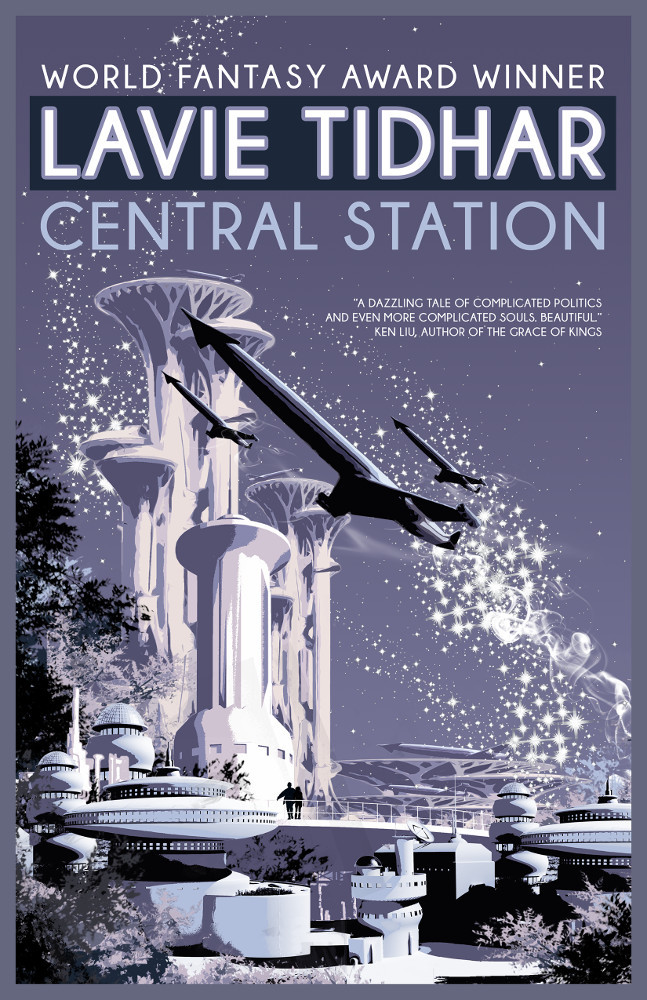 Having read the novel, I could not summarise the plot any better than I could have before picking it up. The only way I found my bearings in terms of setting – where we were, what happened, how we got there – was from reading the blurb. I agree that exposition dumps are not a writer or reader’s friend, but give us some kind of grounding. Were we on the Station? Were we below it, on Earth? What was the station? Where did it fit into the wider social structure of the galaxy? How many planets were colonized? So many questions and no answers.
Having read the novel, I could not summarise the plot any better than I could have before picking it up. The only way I found my bearings in terms of setting – where we were, what happened, how we got there – was from reading the blurb. I agree that exposition dumps are not a writer or reader’s friend, but give us some kind of grounding. Were we on the Station? Were we below it, on Earth? What was the station? Where did it fit into the wider social structure of the galaxy? How many planets were colonized? So many questions and no answers.
The novel follows an ensemble cast of characters in their bitty, interconnected lives in a Richard Curtis vignette-style approach to science fiction, relying on genre clichés and broad-brush stroke emotional responses to convey growth. But any emotional resonance that any of the pieces may have had is lost, as the endings/realisations/emotions are never earned. Similarly, Tidhar is unwilling to explore just one or two interesting technological ideas, opting instead to drown the reader in ideas. We have the melding of biological and technological, virtual realities, engineered babies, sentient robots, data-drinking vampires, and more. None of these ideas is ever really delved into and neither do they do much for the narrative than add to the confused mess.
The once and future king of the discarded.
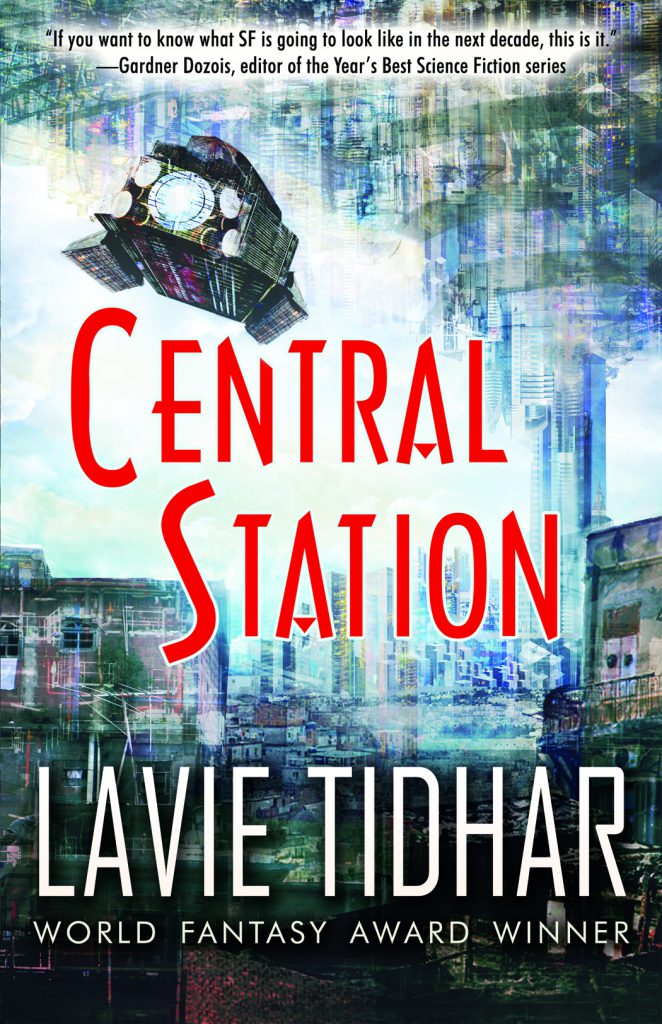 What a bizarre experience reading this novel was. I couldn’t put it down and yet I also couldn’t make sense of it. What was I meant to take away from it? What was the point of any of these vignettes – separately or as a sum of their parts? I never found myself emotionally invested in any of the characters. And given my lack of understanding of the threat (if there was any for anyone other than Carmel) or what they all wanted/needed, I never found my footing on what I should be hoping for.
What a bizarre experience reading this novel was. I couldn’t put it down and yet I also couldn’t make sense of it. What was I meant to take away from it? What was the point of any of these vignettes – separately or as a sum of their parts? I never found myself emotionally invested in any of the characters. And given my lack of understanding of the threat (if there was any for anyone other than Carmel) or what they all wanted/needed, I never found my footing on what I should be hoping for.
No amount of excellent prose can overcome major narrative issues like those Central Station suffers from. Without strong, interesting characters with clear motivations and goals, there’s little impetus for the story to continue. I love the way science fiction can explore possibilities and some of the basic ideas thrown into the novel are excellent… if only they were explored further or had more impact on the plot. The book was at once cliché while not being cliché enough – for these short vignette stories to work, they need to be recognizable, with a firm footing in what the reader will know, expect, and immediately connect with. Instead, we get half-nods to the tropes with too much ‘other’ on top, though without enough to make it truly different.
Verdict: A disappointing, unfocused scifi tale with far too many ideas to be coherent or have any of them explored in any great detail.
Central Station is published by Tachyon Publications and will be released on May 10th.
 Pop Verse Pop Culture Universe
Pop Verse Pop Culture Universe
